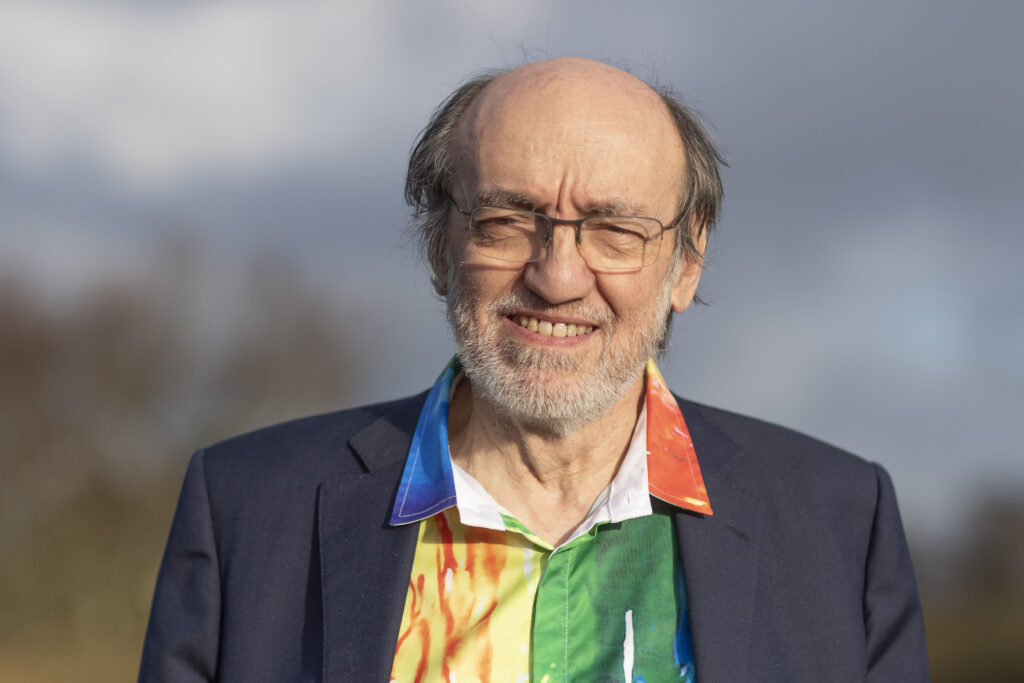The brainers

Michel Viso – Exobiologist
Michel Viso worked as a veterinarian for several years. He joined the École vétérinaire d’Alfort in 1980, then the Institut national de la recherche agronomique in 1981. He was selected as a spaceman by the Centre national d’études spatiales (CNES) in 1985. He prepared the Rhésus project in cooperation with NASA. His chances of flying vanished in 1993 when NASA abandoned the project. He then assumed scientific responsibility for space experiments in animal physiology and biology on behalf of CNES, in cooperation with the USA, Russia and other partners. In 2004, CNES appointed him scientific manager for exobiology, preparing for French participation in the European ExoMars project and future solar system exploration missions, such as new plans for the return of Martian samples in the 2030s. In 2014, exobiology was enriched by missions dedicated to the search for and study of exoplanets, such as Cheops, Plato and Ariel. With renewed interest in the return of Martian samples, he represents CNES on the Panel for Planetary Protection of the Committee on Space Research (COSPAR). In June 2021, Michel Viso becomes Innovaxiom’s scientific advisor.
This brainer takes part in round-table discussions, offers improvisation sessions and the following solo talks:
Astronauts, what is the energy balance after long space flights?
Astronauts live in a very special environment, combining confinement, microgravity and other constraints on exercise and diet. This translates into limited physical activity in space, highly selective use of certain parts of the body, no use of postural muscles, fairly violent bursts of exercise for those who do extravehicular spacewalks, and immense monotony in the foods eaten and the sports exercises practiced. Added to this may be more profound physiological modifications that alter the nycthemeral cycles of hormones and other mediators that regulate and cycle the various organs. Our organism copes, but the traces are inscribed with variable durations in our bodies. The energy supply is not always sufficient to restore essential functions to their “former” state. So what's left?